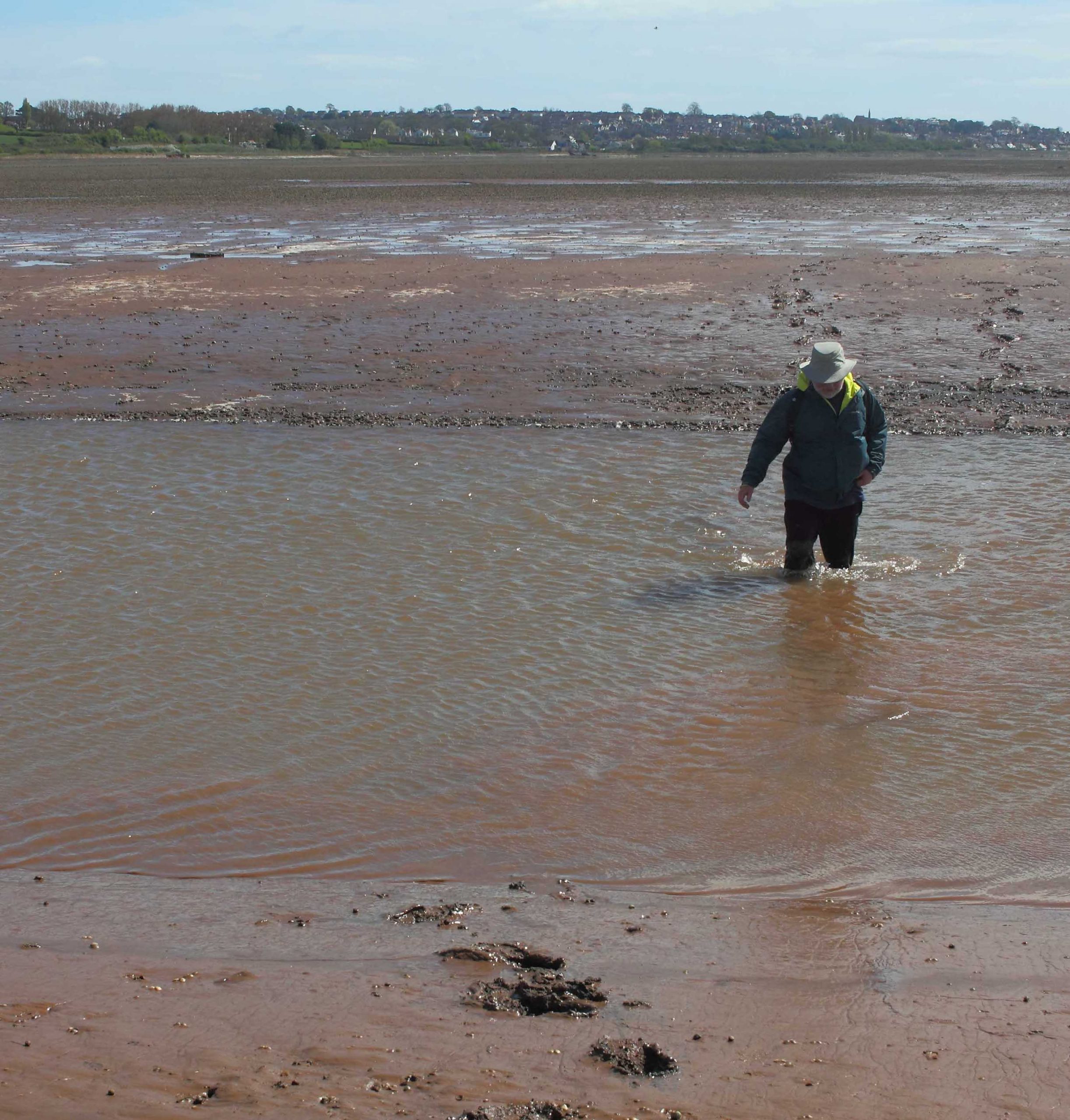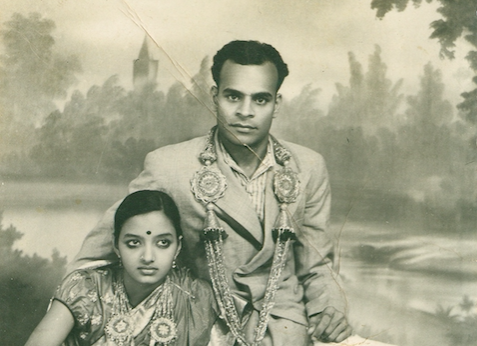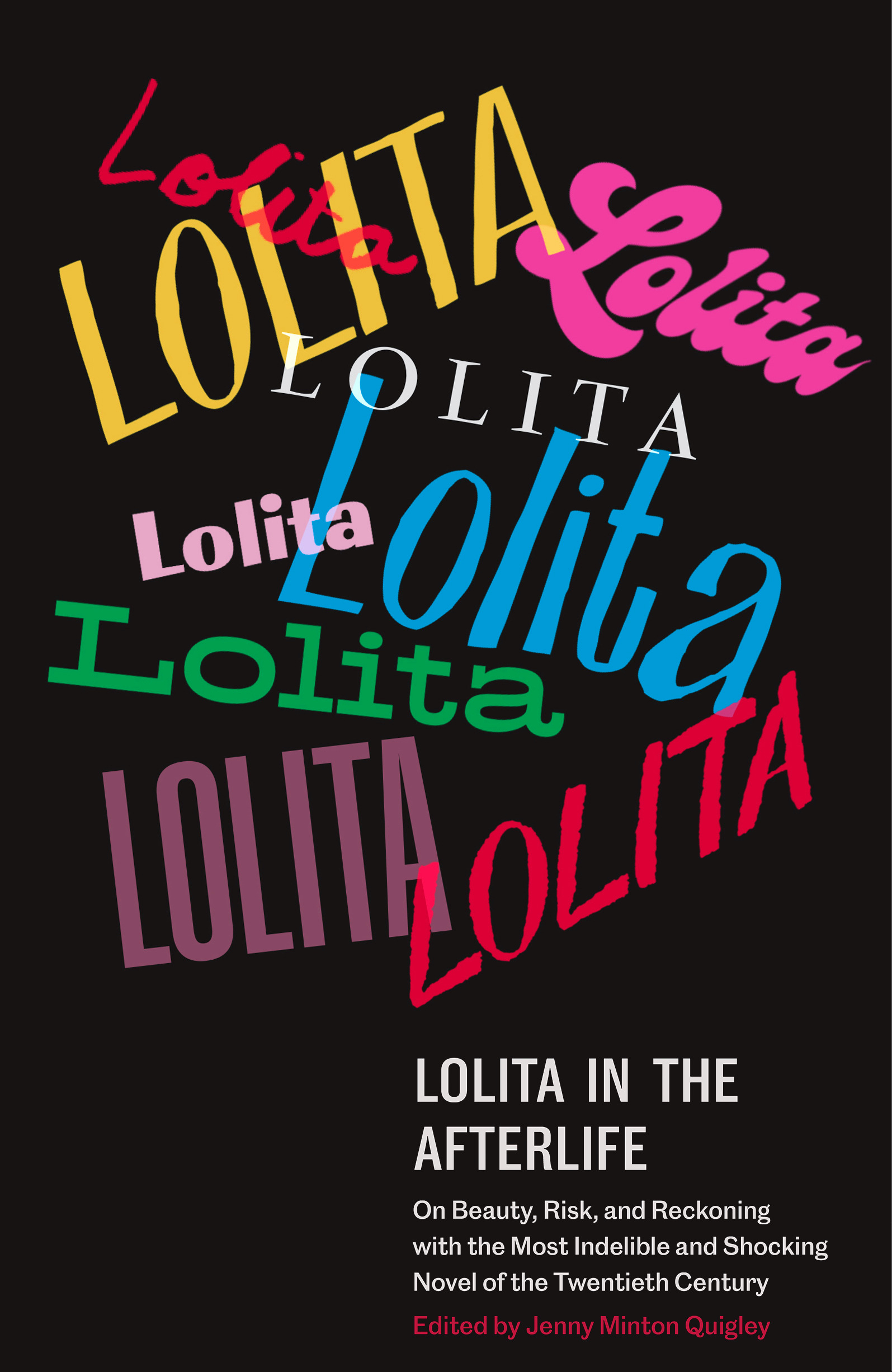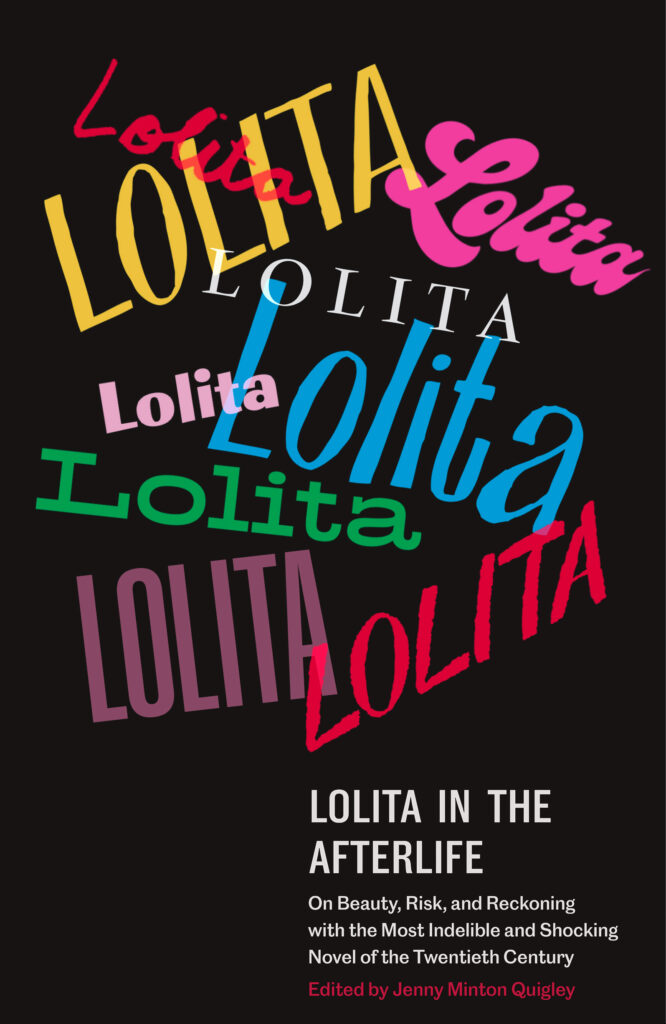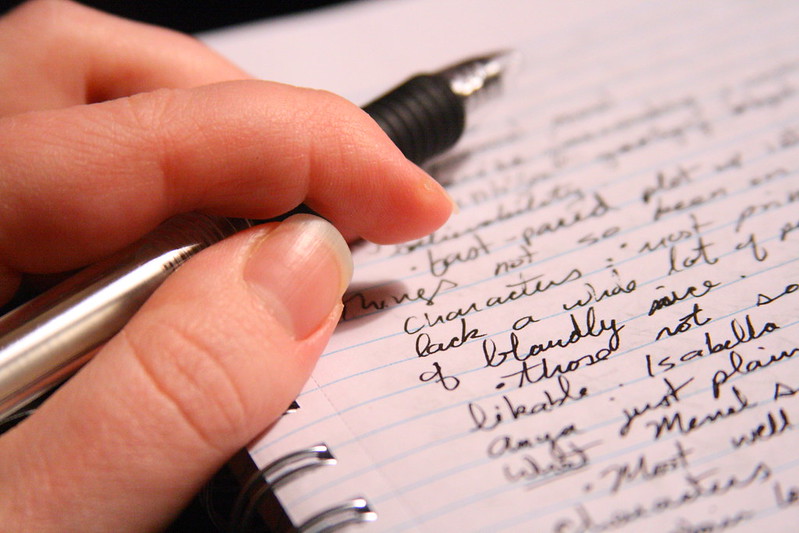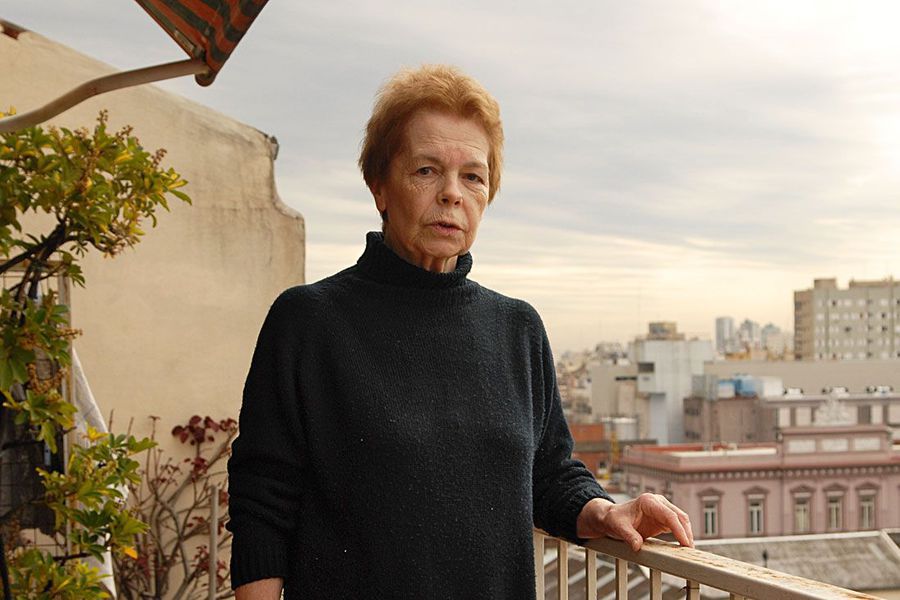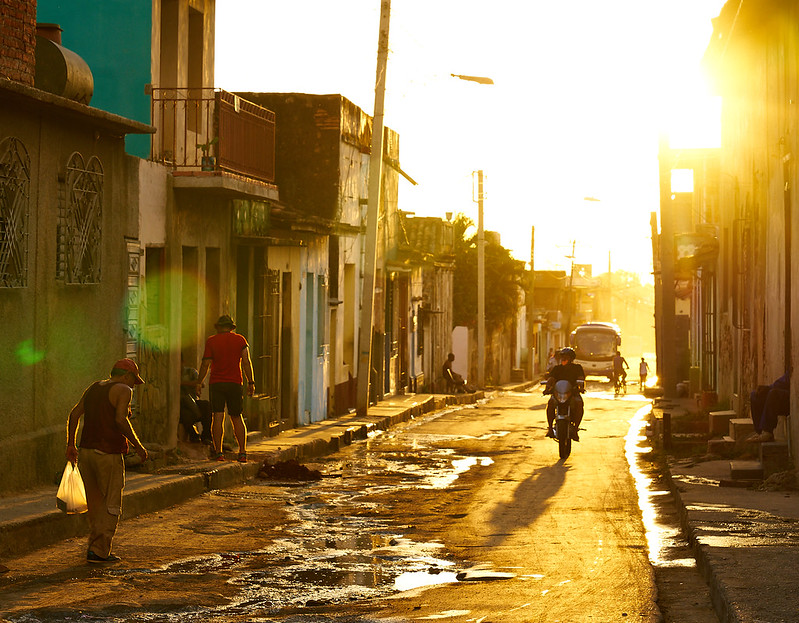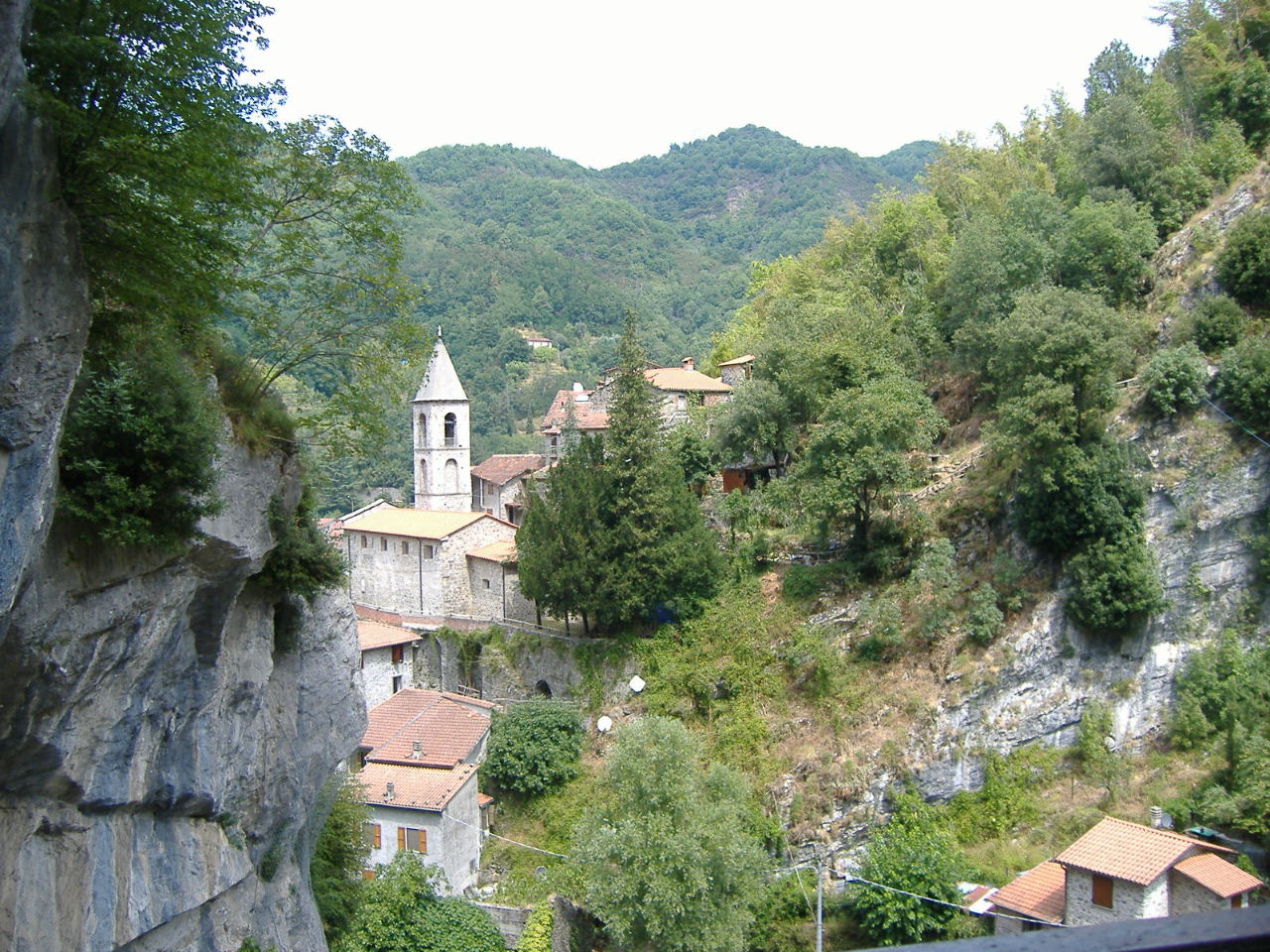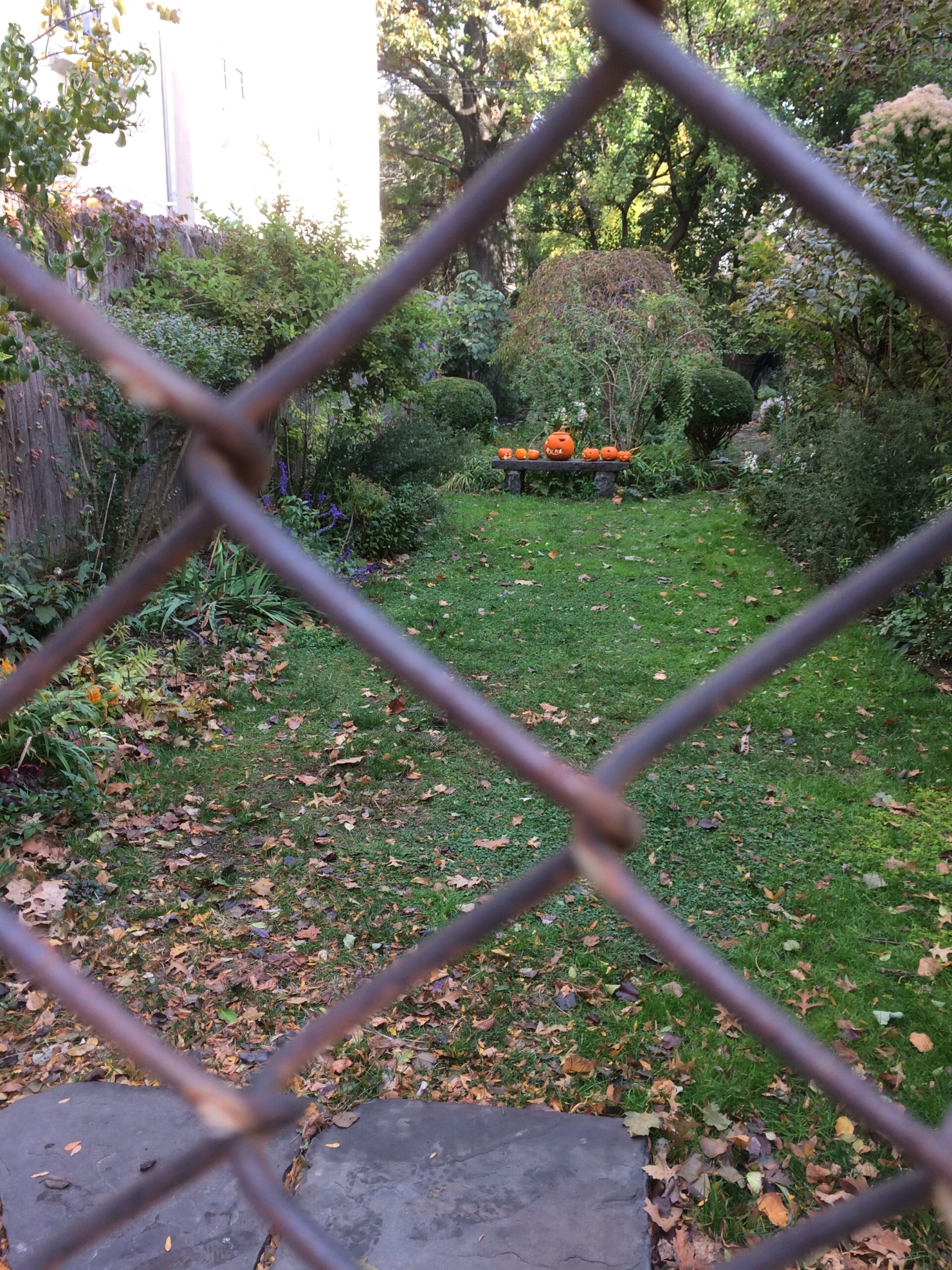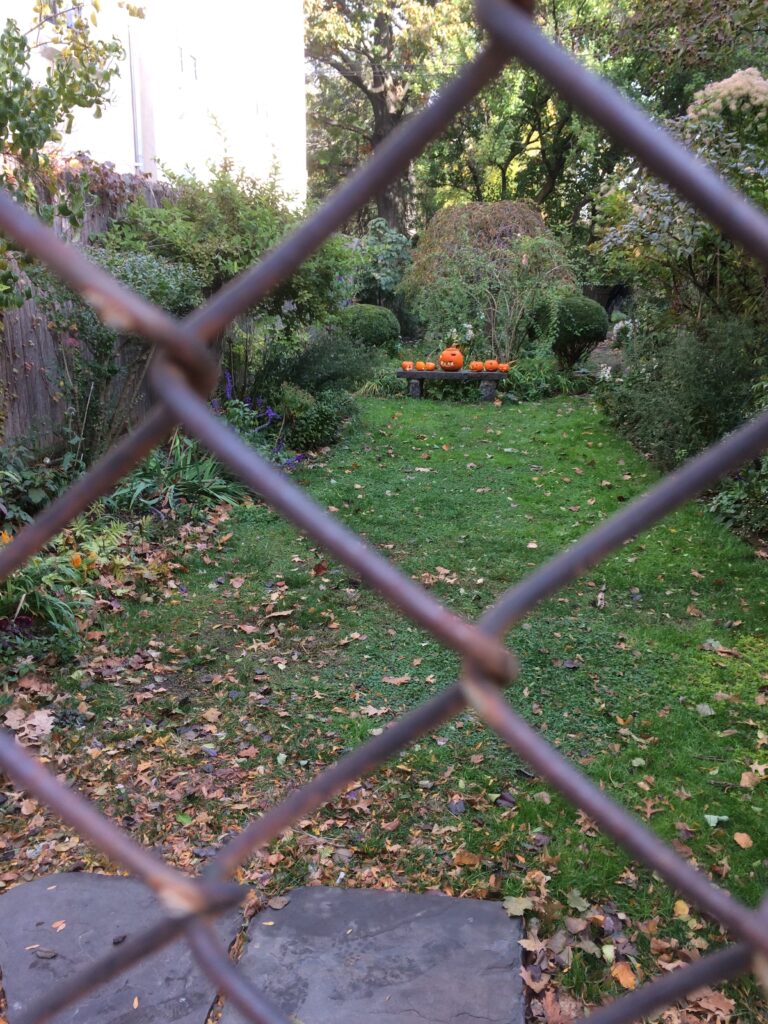From across the Atlantic, I’m helplessly, compulsively watching videos on the BBC and other news sites. It’s early February 2014, and an unusually powerful storm—in truth a sequence of fierce winter gales—has been raking the south coast of Devon, like a wave of marauding bombers. The storm has conspired with the moon and spring tides (nothing seasonal in the term—these “spring forth” each lunar month), to batter a path of old stone and brick known as the Goat Walk. The path runs south from the small town of Topsham and along the bank of the River Exe, a distinguishing feature here for generations.
